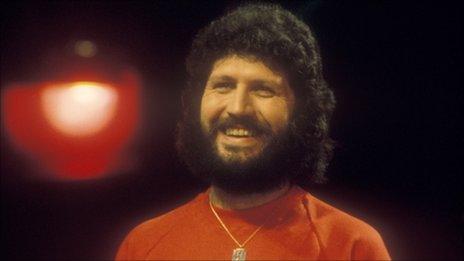In Pictures: The BBC Reith Lectures
- Published
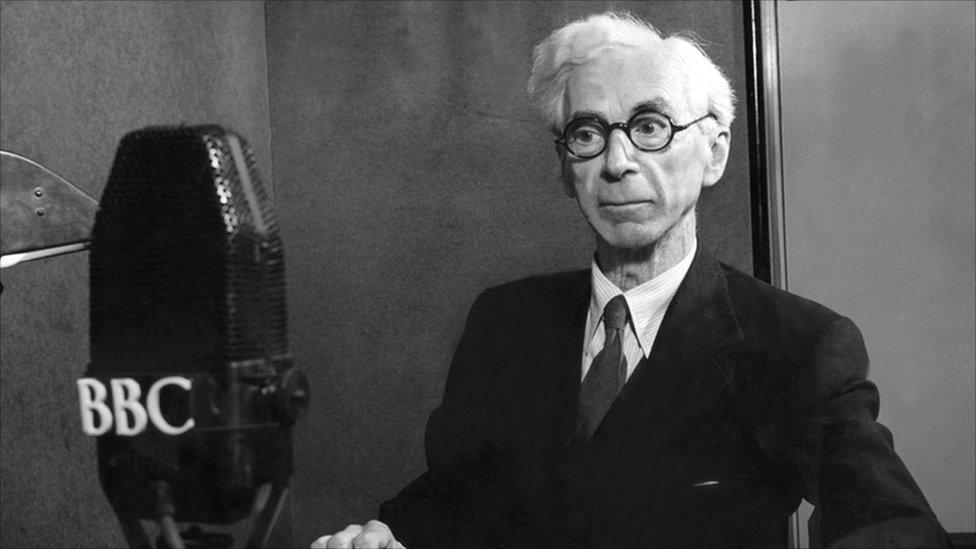
The first Reith Lecturer was Bertrand Russell, the British philosopher, logician, mathematician, historian, social critic and Nobel laureate. He delivered a series of talks about the individual and social cohesion entitled Authority and the Individual, the first of which broadcast on the BBC's Home Service on 7 December 1948.
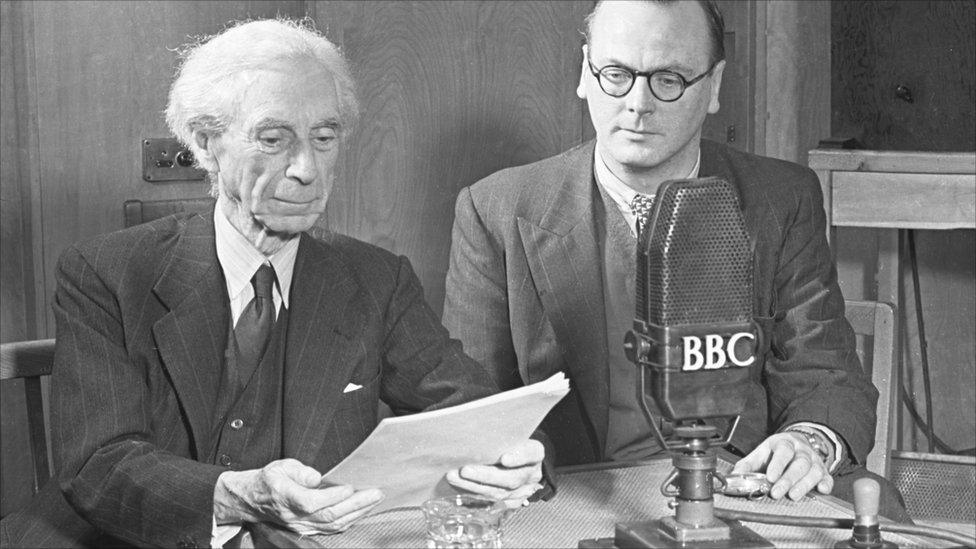
Bertrand Russell goes through the script of one of his six lectures with WM Newton, editor of Current Affairs Talks in the BBC Talks Department. A new online archive featuring more than 60 years of Reith Lectures broadcasts is now available via the BBC Radio 4 website at bbc.co.uk/reithlectures
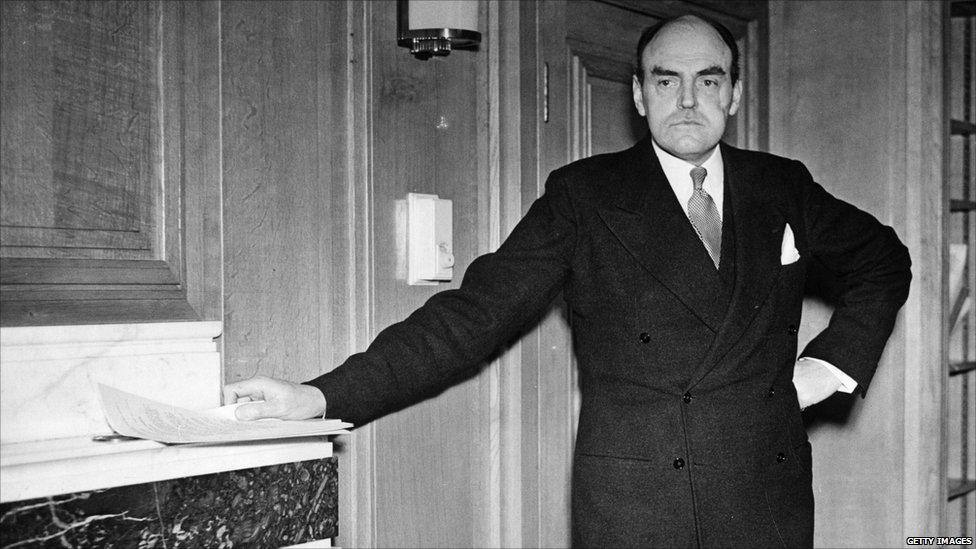
The Reith Lectures were created as a "stimulus to thought and contribution to knowledge", and named in honour of the first director general of the BBC, Lord Reith. He was not impressed by the first lectures and wrote in his diary that Bertrand Russell "went far too quickly, and has a bad voice... however I wrote him a civil note".
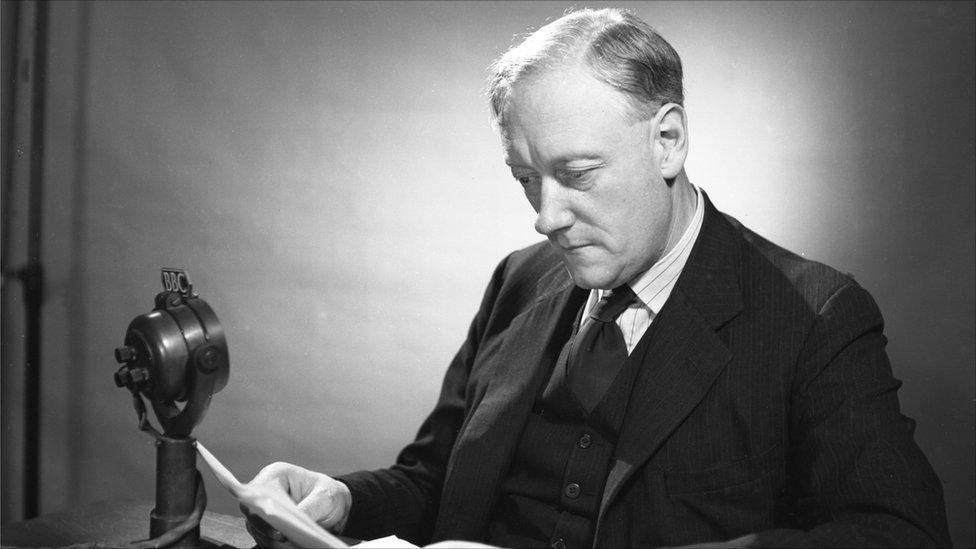
Sir Robert Birley was the Reith Lecturer in 1949. An educationalist and historian, Sir Robert was headmaster of Eton College. He played a key role in the reconstruction of post-war education in Germany, including the rewriting of Nazi history text books. His lectures explored Britain's relationship with Europe.
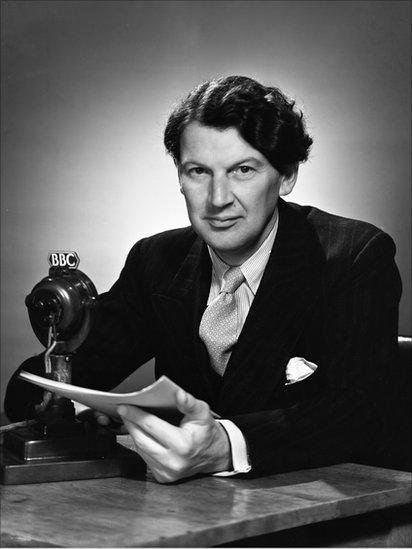
John Zachary Young was Reith Lecturer in 1950. A zoologist and neurophysiologist, he and Peter Medawar - Reith Lecturer in 1959 - carried out ground-breaking research exploring nerve damage in soldiers injured in World War II. His lectures, Doubt and Certainty in Science, explored scientific understanding of the brain.
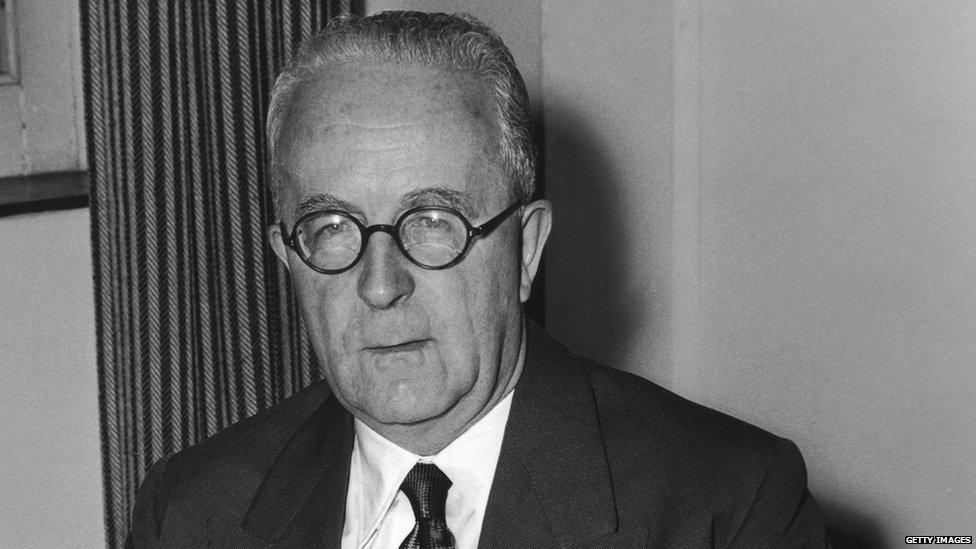
Cyril Radcliffe was a British Law Lord best-known for this role in the partition of the British Indian Empire, which led to the formation of Pakistan and Bangladesh. He presented the Reith Lectures in 1951 for which he examined the features of democratic society and considered the problematic notions of power and authority.
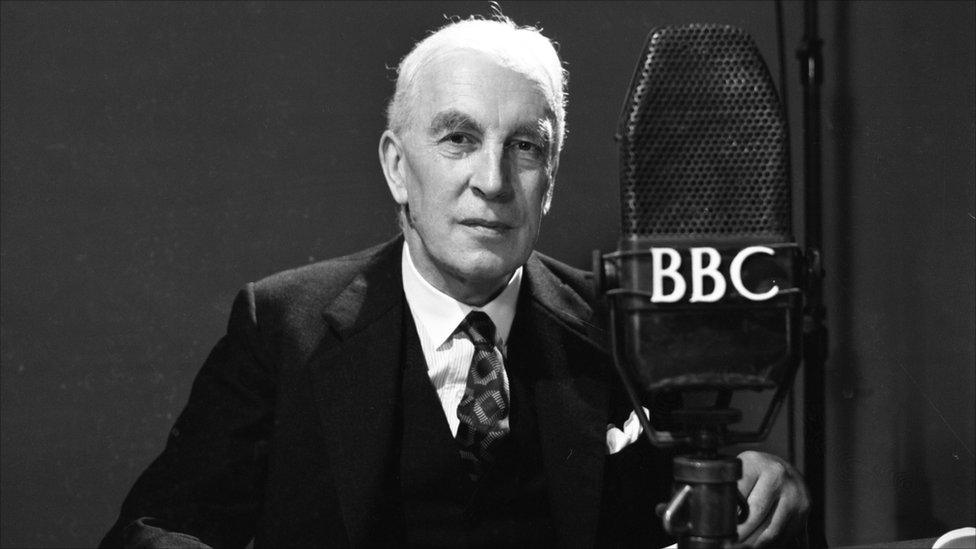
The historian Professor Arnold Toynbee presented the Reith Lectures in 1952. He examined the history of hostility between East and West, and considered how non-Westerners of the time viewed the Western world. His second lecture explored the potential impact of Westernisation in Muslim countries.
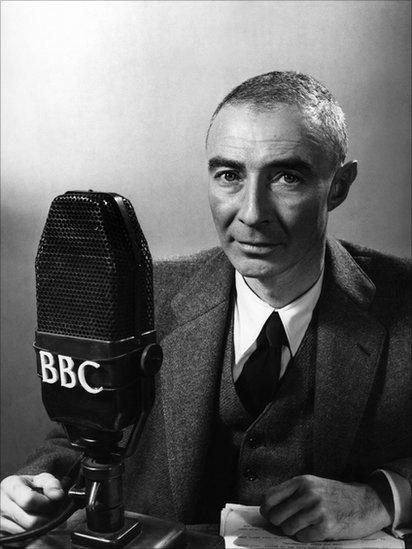
In 1953 the Reith Lectures were given by the American physicist J Robert Oppenheimer - famous for his role in the Manhattan Project, and the development of the atomic bomb. In Science and the Common Understanding, he examined the impact of quantum and atomic theory on the way societies view themselves.
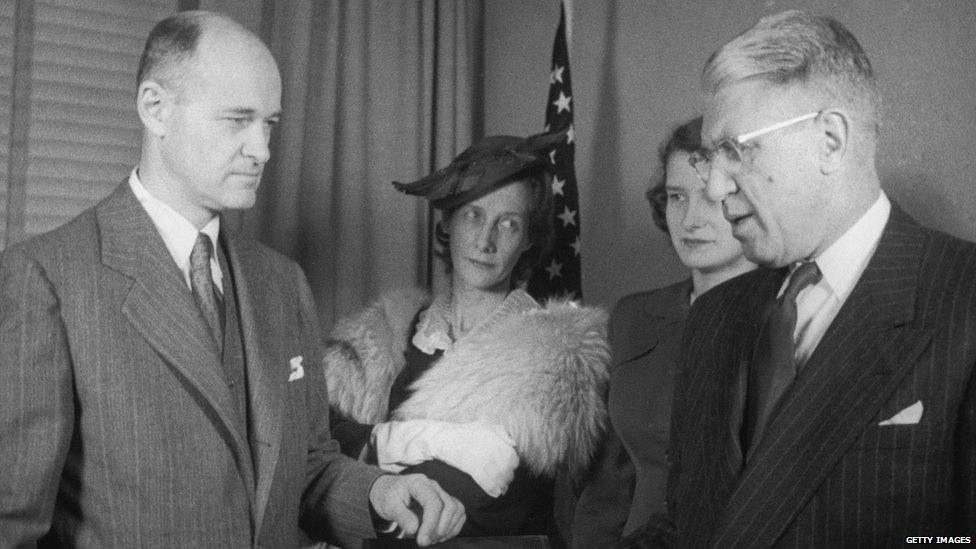
American diplomat George F. Kennan (left) is a prominent figure from the Cold War. This photo taken in 1952 shows him being sworn in as Ambassador to the Soviet Union. His 1957 Reith Lectures titled 'Russia, the Atom and the West' explored the future consequences of the relationship the West had with the USSR at the time.
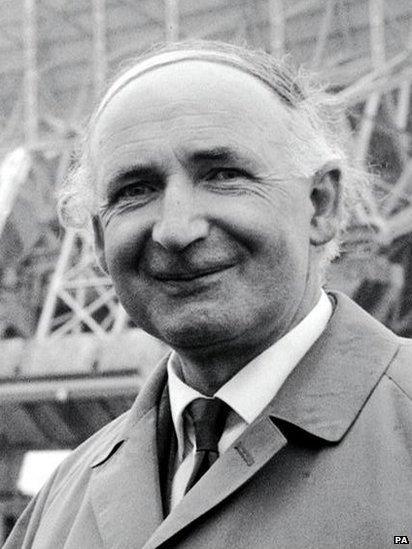
In 1958 the English physicist and radio astronomer Bernard Lovell presented the Reith Lectures in a series titled The Individual and the Universe. Professor Lovell was the first director of the Jodrell Bank observatory in Cheshire, in the north west of England.
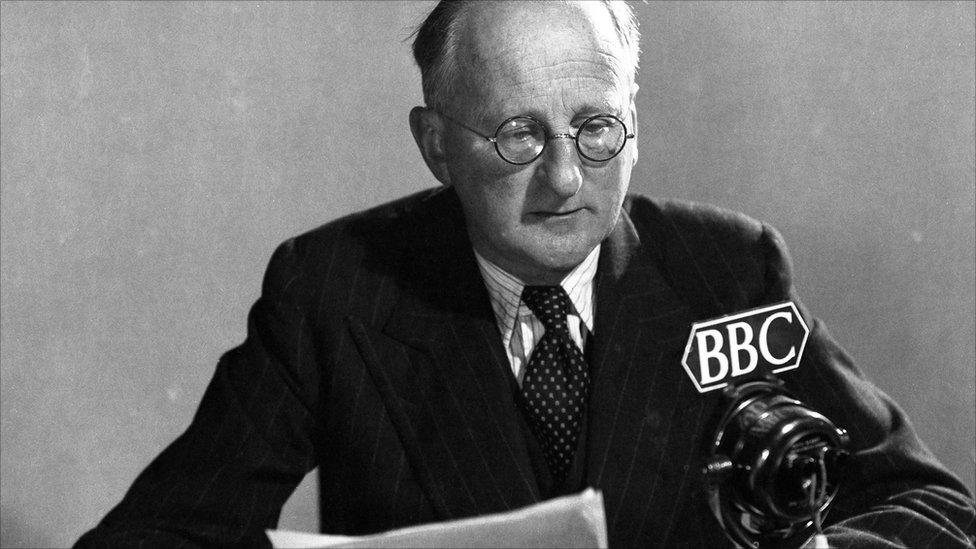
The German-born architectural historian Sir Nikolaus Pevsner was Reith Lecturer in 1955. BBC records show that programme producers had reservations about Sir Nikolaus's ability to perform, but he went on to receive wide acclaim. The Times described his Reith Lecture series The Englishness of English Art as "brilliant".
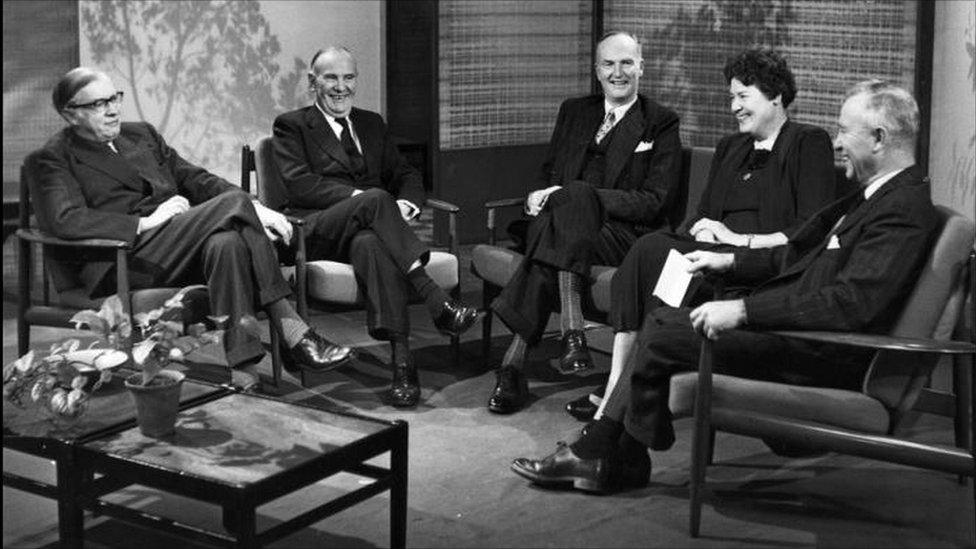
Dame Margery Perham was the first female Reith Lecturer in 1961, discussing the end of colonial rule in Africa. This 1960 photo captures her appearance on the BBC discussion programme The Brains Trust. Seated in the middle is Britain's former US ambassador and philosopher Oliver Franks, Reith Lecturer in 1954.
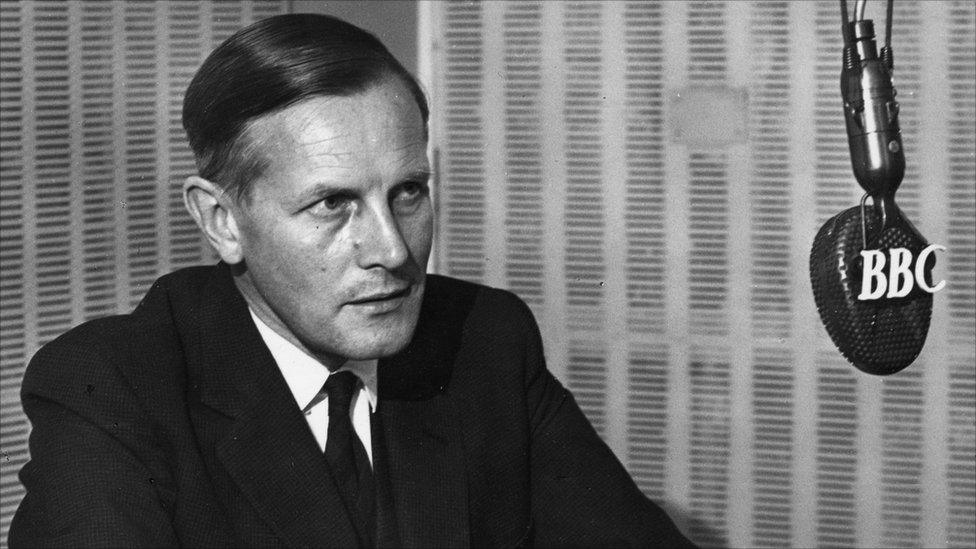
The anthropologist George Carstairs was Reith Lecturer in 1962. His lectures, entitled This Island Now, explored the lifestyle of modern Britons. He outraged the British press by dismissing the moral panic surrounding chastity, suggesting "pre-marital sexual exploration" might be healthy for relationships.
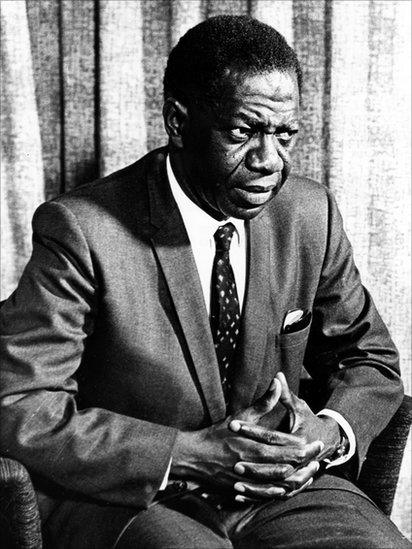
Robert Gardiner was the first black Reith Lecturer in 1965. He was executive secretary of the UN's European Commission For Africa, and in his lecture series World of Peoples, he explored how issues of ethnocentrism, colonial authority and economic inequality affected race relations.
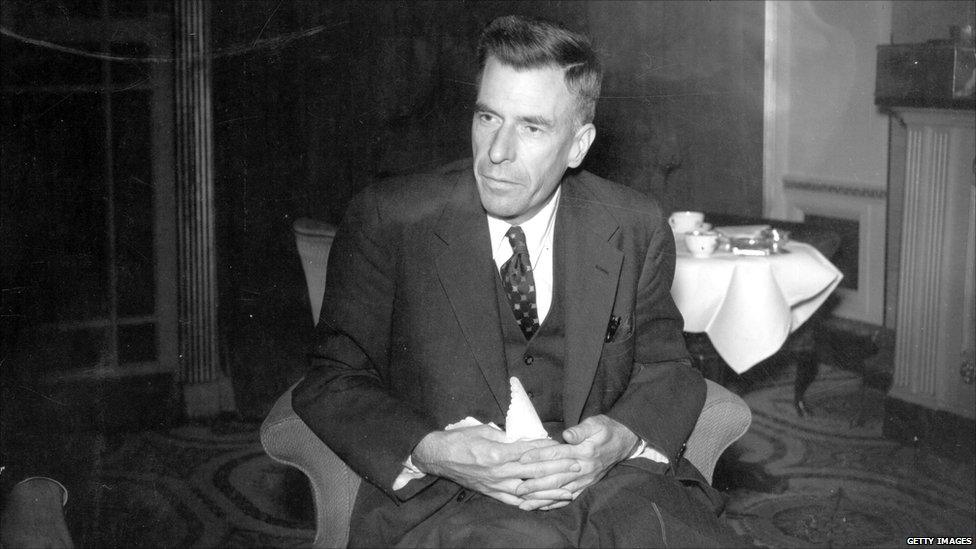
The Canadian economist John K Galbraith was Reith Lecturer in 1966. In his lectures, entitled The New Industrial Estate, he attacked the capitalist system, warning that global corporations would increasingly seek to influence political power and subordinate the state to drive their own growth and profit.
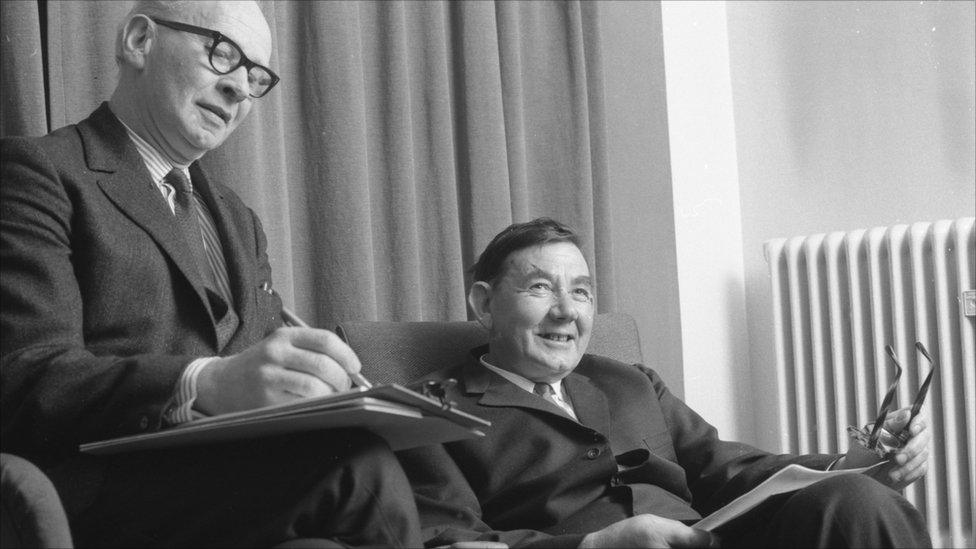
Sir Frank Fraser Darling (right), an English ecologist and conservationist (pictured with BBC producer Archie Clow) gave the 1969 lectures, Wilderness and Plenty. Expressing concern for global warming, deforestation and the impact of melting polar ice caps, the lectures are considered a landmark in the environmental debate.
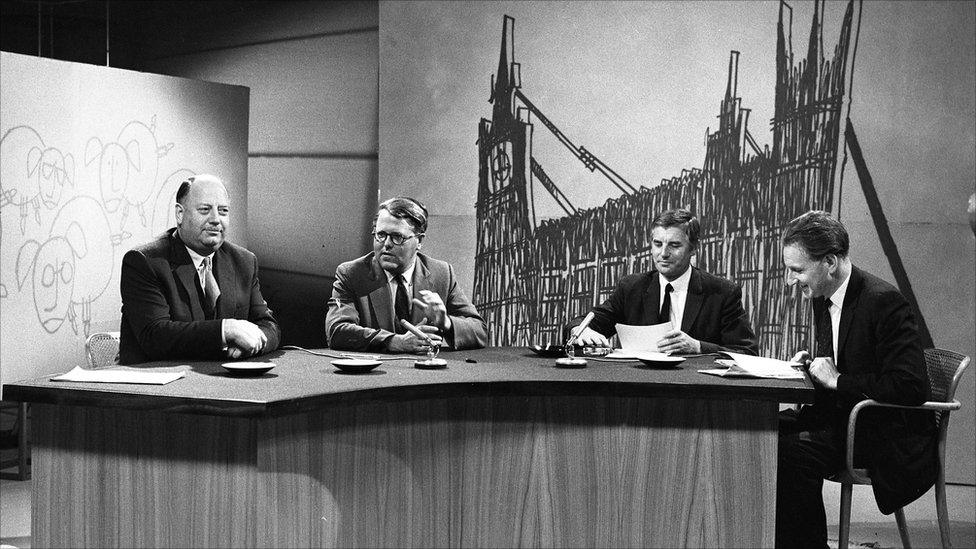
The British economist Andrew Shonfield (far right), who was director of studies at the Royal Institute of International Affairs, was Reith Lecturer in 1972. He examined Britain's entry into the European Community. The picture shows his 1963 appearance on the BBC programme, The Nation Tomorrow.
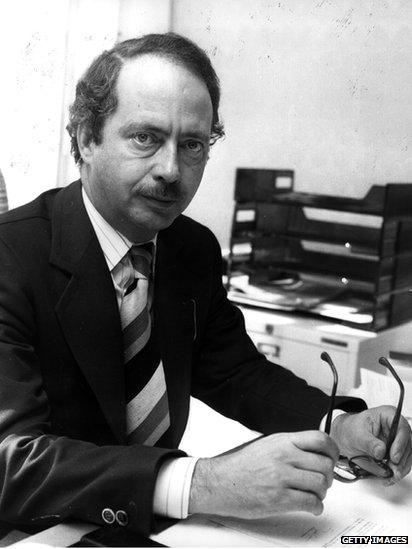
German-British sociologist Ralf Dahrendorf was Director of the London School of Economics when he presented the Reith Lectures in 1974. Dahrendorf was an expert on class conflict and division, and in his series of lectures titled 'The New Liberty' he questioned the definition of freedom, evaluating its evolution in society.
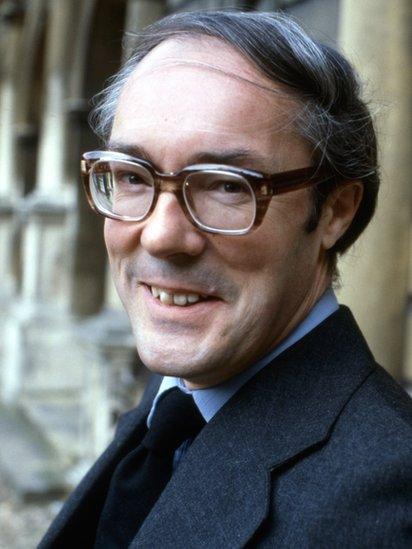
In 1978 the Rev Dr Edward Norman presented six lectures discussing the relationship between religion and politics in a series titled Christianity and the World. Many years later, Dr Norman told the BBC that his controversial Reith Lectures had hindered his career - "the price you pay for seeking ideas which are true," he said.
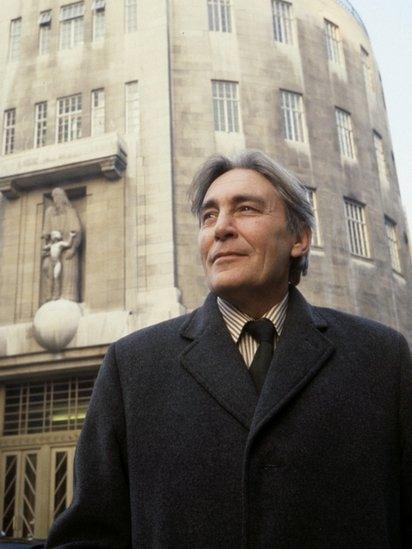
Oxford sociologist AH Halsey presented the lectures in 1978. He was only given 3 months notice to prepare, after Conservative politician Edward Boyle - a former Education Minister - dropped out at short notice. Prof Halsey received a call from the BBC while on holiday in Northumberland and said yes immediately.
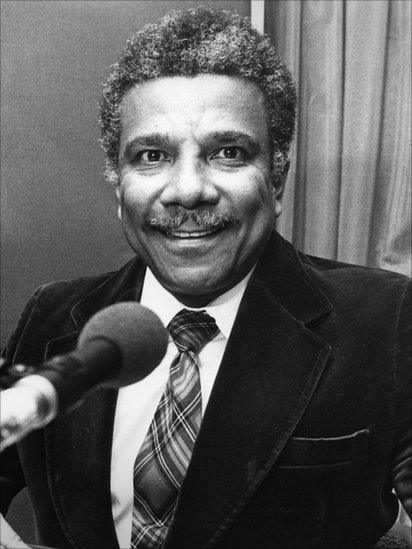
Kenyan academic Professor Ali Mazrui was Reith Lecturer in 1979. In The African Condition, he forcefully argued that developing countries should be allowed to build their own nuclear devices, and acknowledged that some violence was a pre-condition for the liberation of African countries from colonial rule.
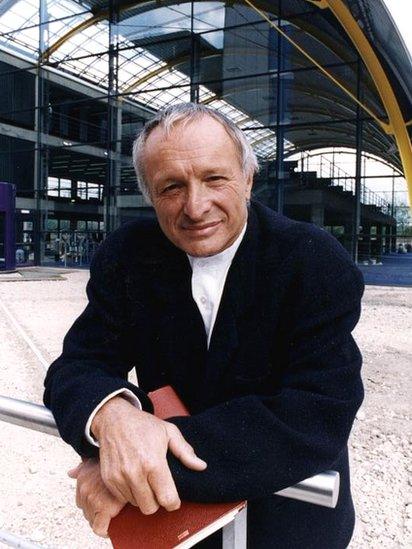
The Reith Lecturer in 1995 was the prominent British architect Richard Rogers, who explored how cities can be socially divisive and environmentally hazardous. He also laid out the practical steps needed to create more sustainable cities.
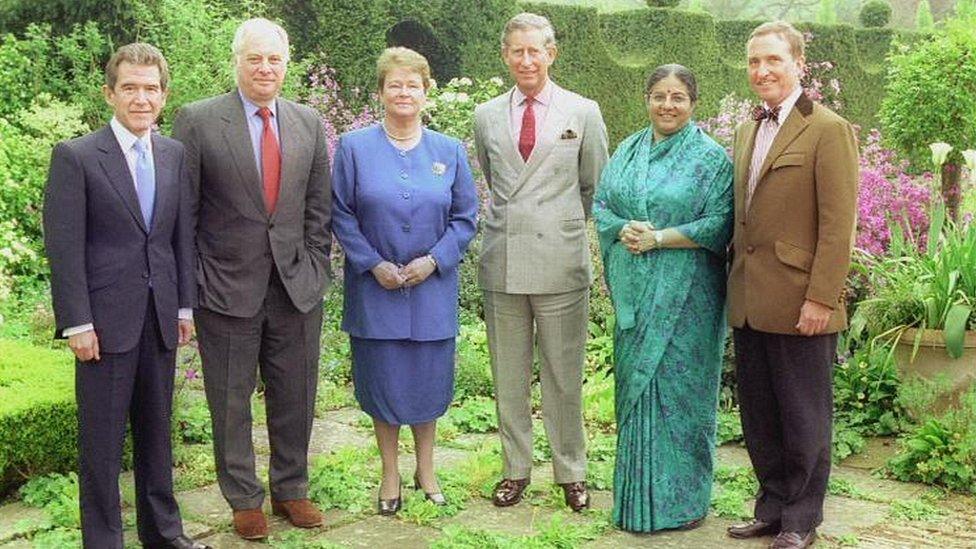
In 2000 there were 5 Reith Lecturers - L to R: Chief Executive of BP Sir John Browne; former governor of Hong Kong Sir Chris Patten; former Prime Minister of Norway Gro Harlem Brundtland; HRH Prince Charles; Indian anti-globalisation activist Dr Vandana Shiva and American environmental scientist Prof Thomas Lovejoy.
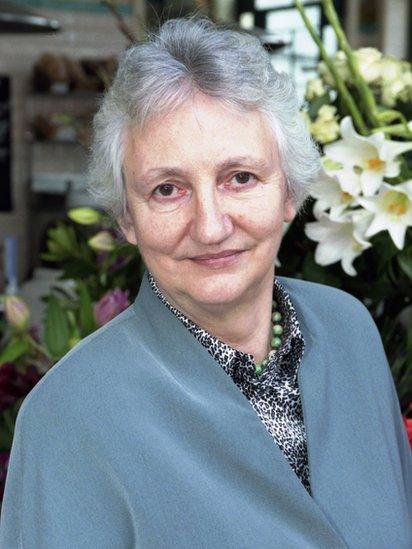
In 2002 philosopher Prof Onora O'Neill presented a 'A Question of Trust' in which she challenged approaches to accountability and explored how today politicians, scientists, businessmen and many others are treated with suspicion. She also investigated sources of deception in society and re-examined questions of press freedom.
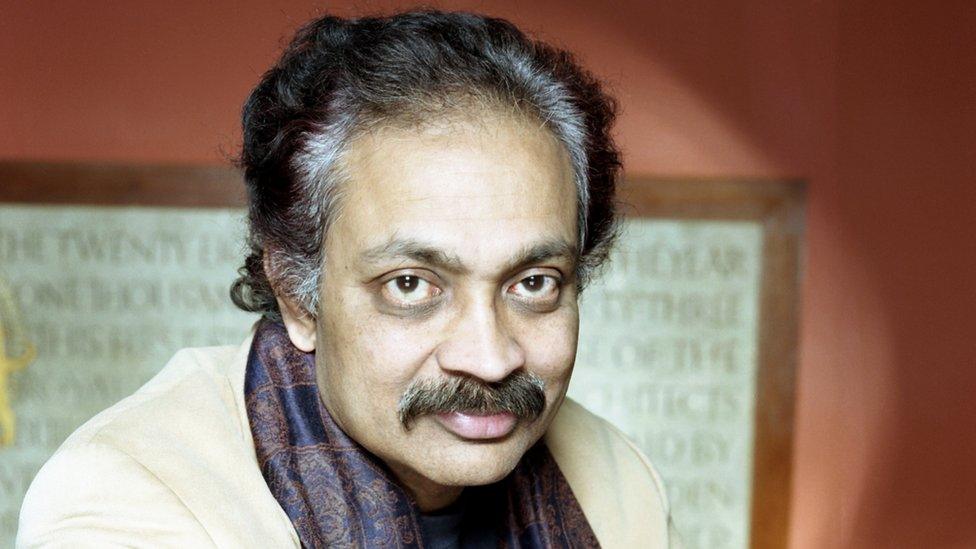
Neuroscientist Vilayanur S Ramachandran presented the 2003 lectures, titled The Emerging Mind. Prof Ramachandran's work has concentrated on investigating phenomena such as phantom limbs, anosognosia or denial of paralysis, Capgras syndrome, and anorexia nervosa.
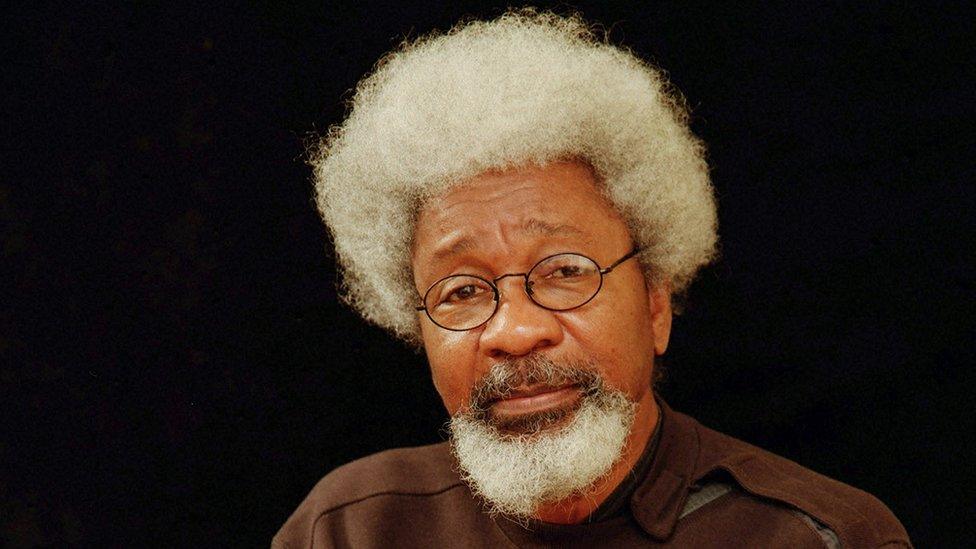
Nigerian playwright and poet Wole Soyinka was the first African writer to be awarded the Nobel Prize for Literature. His 2004 Reith Lectures titled 'Climate of Fear' drew on his experience as a political activist and explored the nature of fear and its impact on individuals and society.
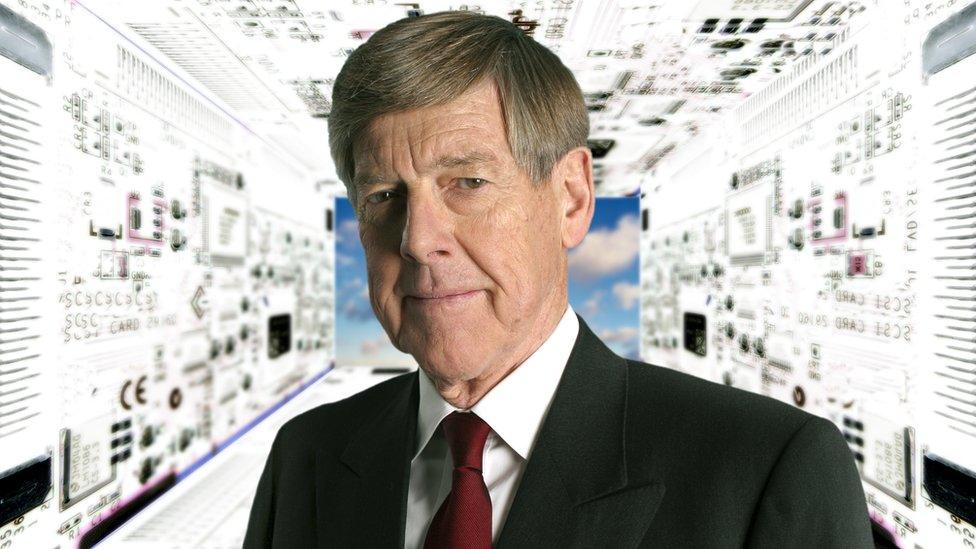
The distinguished engineer Lord Alec Broers presented the Reith Lectures in 2005 - his series was titled The Triumph of Technology. Lord Broers is a pioneer of nanotechnology and in his lectures he sets out his belief that technology can, and should, hold the key to the future.

Argentinian-Israeli pianist and conductor Daniel Barenboim presented the Reith Lectures in 2006, exploring the interplay between music and society. This photo shows a 13 year-old Daniel Barenboim performing for the Hebrew section of the BBC Eastern Service in 1956, and as Reith Lecturer 50 years later.
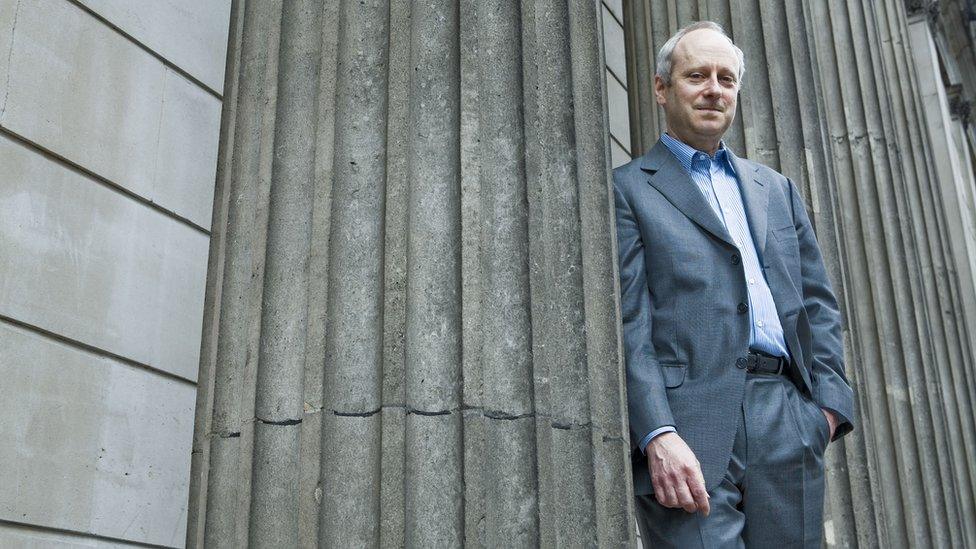
The Harvard political philosopher Michael Sandel was Reith Lecturer in 2009, presenting a series titled A New Citizenship. In his lectures, he examined the prospects of a new politics of the common good, looking at morality in relation to financial markets, science and the political sphere.
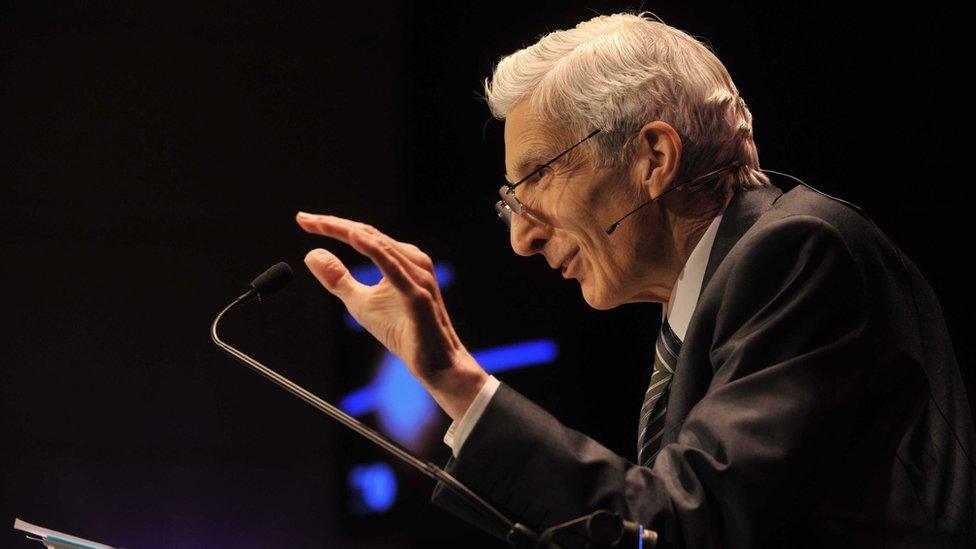
The Astronomer Royal Lord Professor Martin Rees presented the Reith Lectures in 2010. In his series titled Scientific Horizons he explored the challenges facing science in the 21st century.
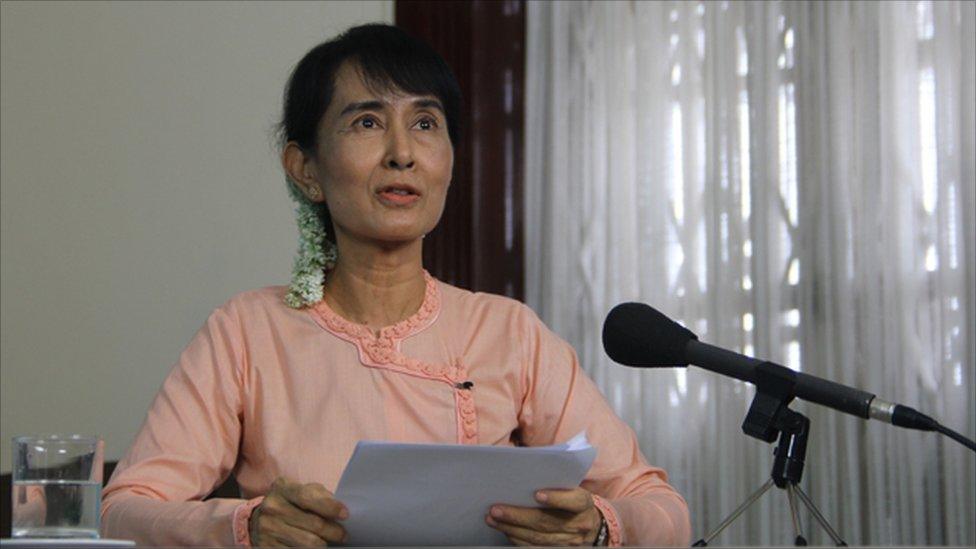
Burmese pro-democracy leader Aung San Suu Kyi's 2011 Reith Lectures on dissent and liberty were secretly recorded in Burma and smuggled out for broadcast on BBC Radio 4 and the World Service. You can download the lectures and read the transcripts by visiting http://www.bbc.co.uk/reithlectures
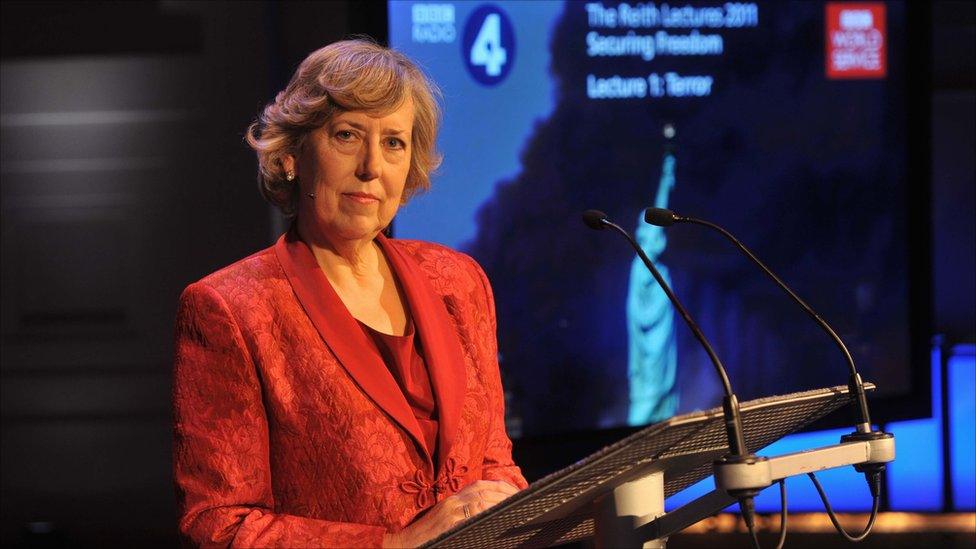
Reith Lecturer 2011 Baroness Eliza Manningham-Buller is the former director-general of the British Security Service, MI5. Marking the tenth anniversary of the 9/11 terrorist attacks on the United States, her series of lectures, entitled Securing Freedom, examine changes in intelligence gathering, security and foreign policy.
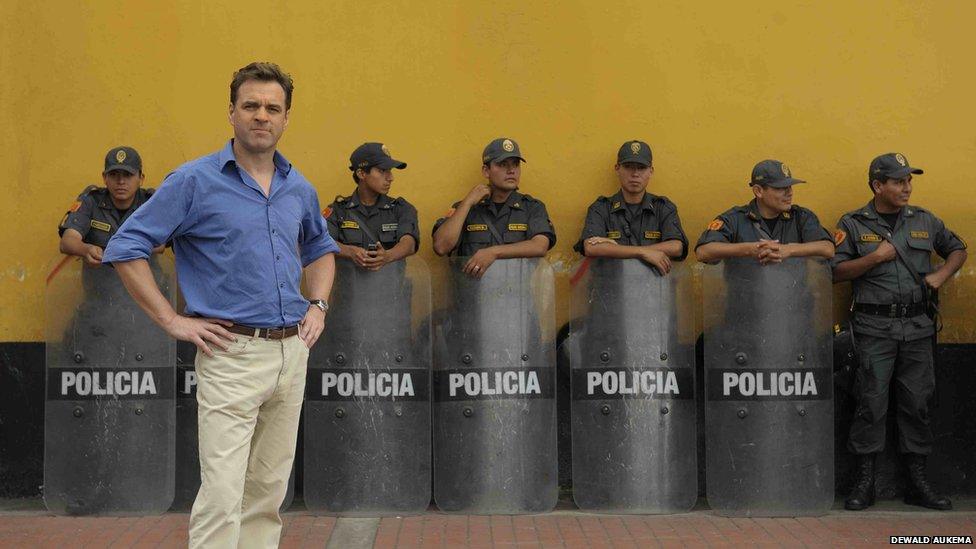
The renowned economic historian Prof Niall Ferguson was the 2012 Reith Lecturer. In his series, titled The Rule of Law and its Enemies, he explores the global economy and democracy, and the importance of man-made institutions in driving change around the world.
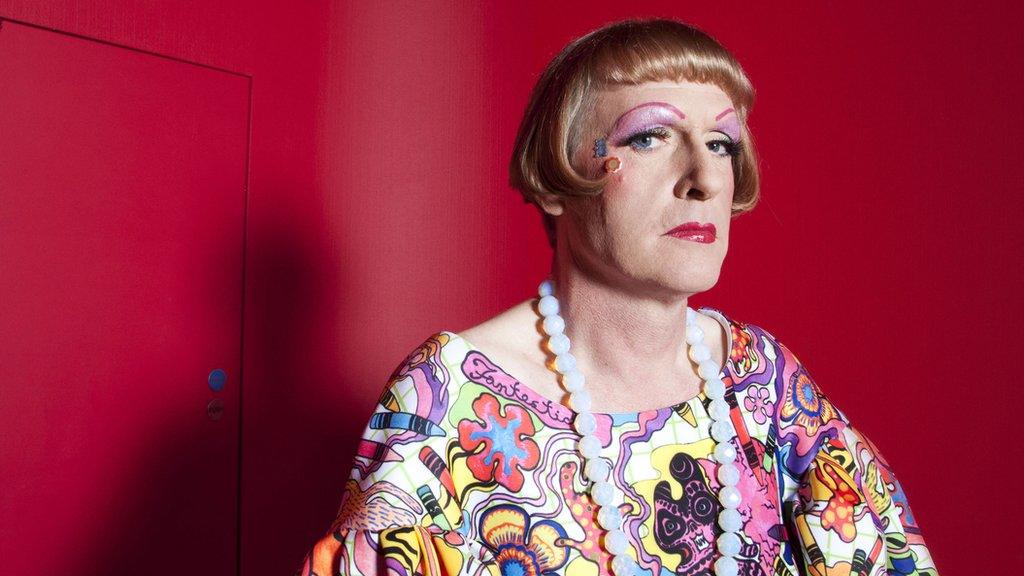
In 2013, the Turner Prize winning artist Grayson Perry became the first practising artist to be invited to present the Reith Lectures - although art has been the subject of previous series. Perry argues that there is no empirical way to judge quality in art and explores whether art still has the power to shock.
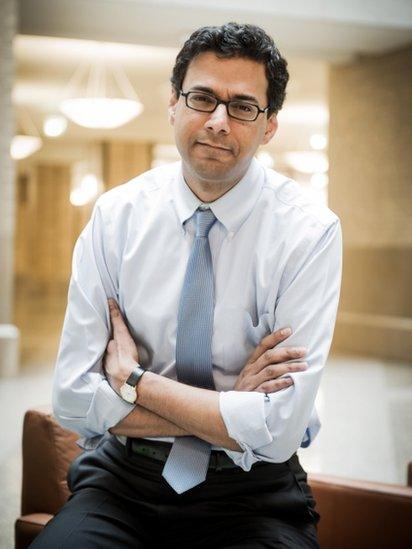
Practising surgeon Dr Atul Gawande is the Reith Lecturer for 2015. In his series of talks, titled 'The Future of Medicine', the Harvard professor examines the nature of progress and failure in medicine, beginning with the story of his own son who nearly died due to a misdiagnosis.
- Published26 June 2011
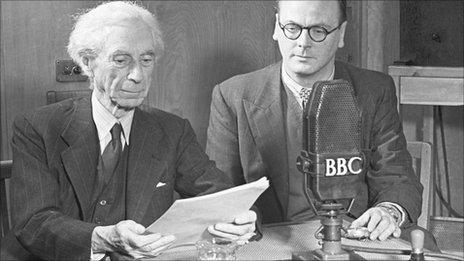
- Published21 June 2011
